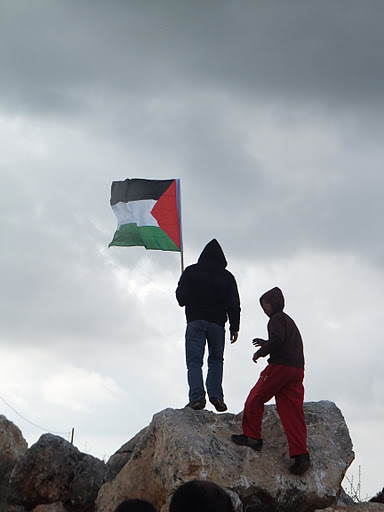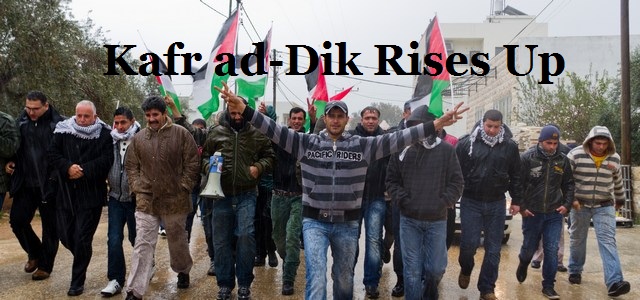Tag: Settlers
-
Four injured as Beit Ommar marks anniversary of Yousef Ikhlayl’s murder
31 January 2012 | Palestine Solidarity Project On Tuesday, January 31st, 2012, Beit Ommar villagers demonstrated near Route 60 at the entrance of the village to commemorate the one year anniversary of the murder of Yousef Ikhlayl, a 17-year-old Beit Ommar youth who was murdered by Israeli settlers on January 28th, 2011. The demonstration was…


